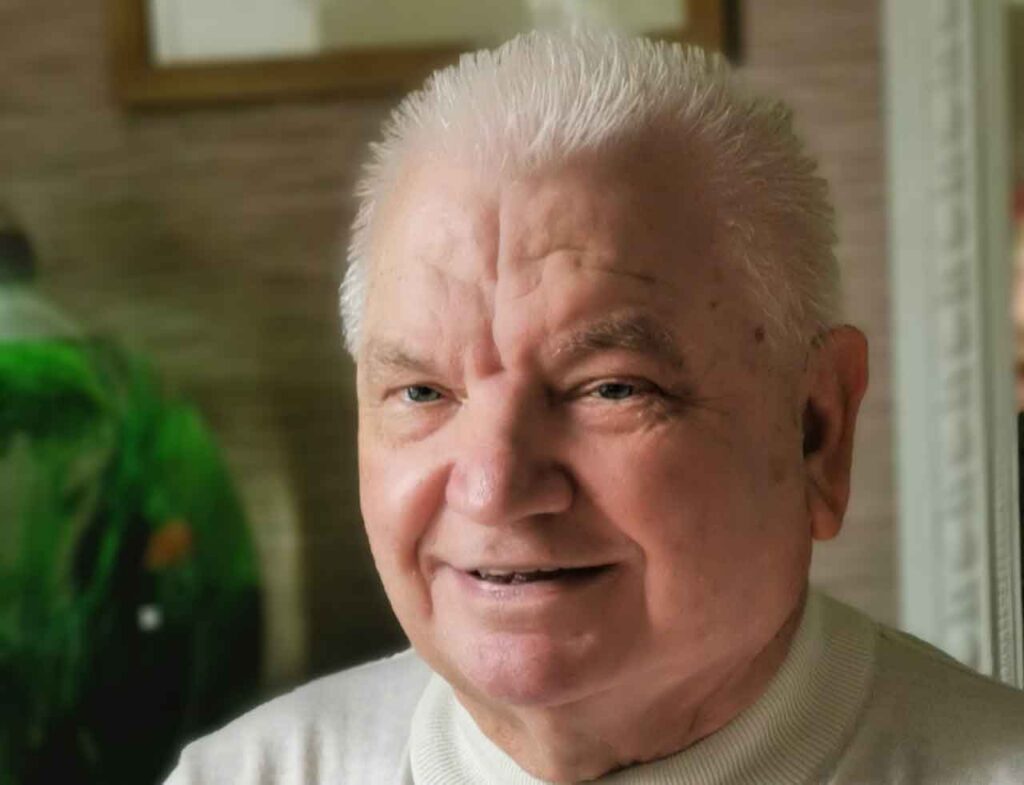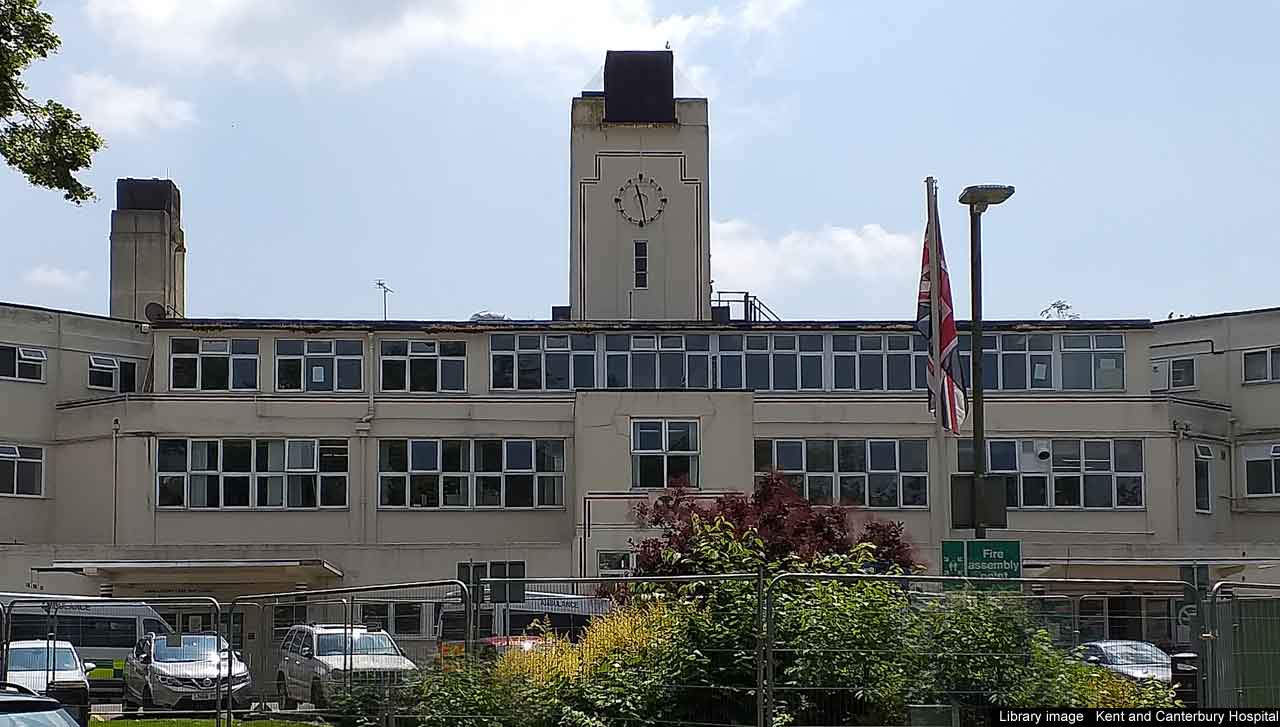A state-of-the-art surgical robot is now helping to treat even more patients, including people with cancer in their mouth or throat.
Head and neck surgeons have undergone extensive training in the UK, France, and Belgium, to be able to operate the £1.5million Da Vinci robot at the Kent and Canterbury Hospital, which is normally used for operations on the prostate, bladder or kidneys.
Additional equipment bought with the help of the hospital’s League of Friends means the device can now be used to remove tumours in the head and neck.
The procedures involve minimally invasive surgery through the patient’s mouth, rather than the traditional method of breaking their jaw to gain access.

Former aluminium factory worker Robert Jones, from Folkestone, pictured above, was one of the first to undergo surgery with the robot to treat cancer in his throat.
He was first diagnosed with cancer in 2008 and has had numerous procedures involving laser treatment since then.
Mr Jones, 69, said: “It started with a lump on my tongue, and I’ve been fighting it ever since.
“I’ve had my lymph nodes removed and laser work which has been unbelievably painful.
“This time, with the robot, I was able to eat an hour after the operation – previously after laser surgery it could be two or three days, even with strong painkillers.
“I am very pleased and I feel very hopeful that this time they might have been able to get it all.”
Robert Jones
Robotic surgery is quicker than traditional procedures and allows patients to avoid open surgery. It allows surgeons to see 3D high definition images from inside the body, and instruments can be manoeuvred precisely to reach difficult areas. This results in fewer complications, less external scarring, faster post-operative recovery and earlier discharge home.
It allows surgeons to treat the exact site of the cancer, rather than a larger area, and patients may not require further treatment, or may need less intensive radiotherapy or chemotherapy, which have fewer-term side effects.
Consultants Robert Hone and Ali Al-Lami joined East Kent Hospitals to set up the head and neck robotic service, working with the urology team to secure access to the device to treat their patients.
Mr Al-Lami said: “The urology robotic theatre team have been instrumental in helping set up the head and neck robotic service and without their help the programme would have struggled to get off the ground.
“The procedures all went smoothly and we are looking forward to developing the service to our patients in Kent and nearby regions.”
Ali Al-Lami
